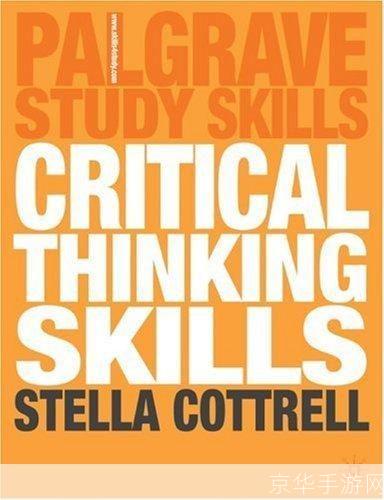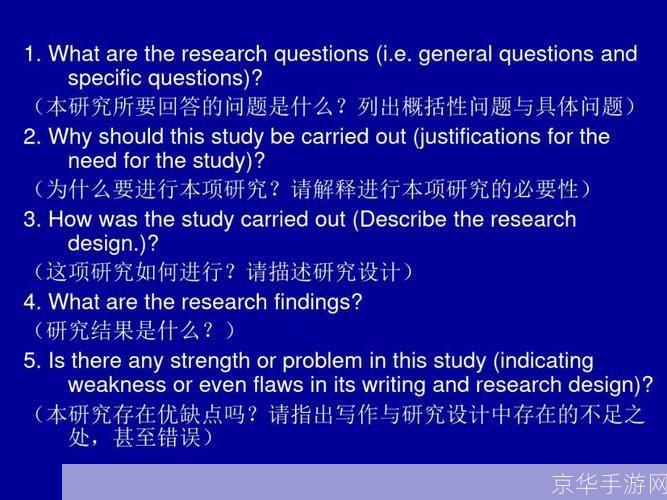2024-01-18 18:57:02|京华手游网 |来源:京华手游网原创
Critical thinking is a vital skill that every individual should possess. It is the ability to analyze information, evaluate arguments, and make sound judgments based on evidence and reasoning. In today's fast-paced world, where we are constantly bombarded with information from various sources, developing critical thinking skills has become more important than ever.

One of the primary benefits of critical thinking is that it helps us to make better decisions. When we are able to analyze information objectively and evaluate arguments logically, we are less likely to be swayed by biases or misinformation. This allows us to make more informed decisions, whether in our personal lives or in our professional careers.
Another advantage of critical thinking is that it helps us to solve problems more effectively. By breaking down complex issues into smaller, more manageable parts, we can identify potential solutions and evaluate their effectiveness. This approach not only saves time but also leads to more creative and innovative solutions.

Critical thinking also helps us to communicate more effectively. When we are able to articulate our thoughts clearly and logically, we are more likely to be understood and taken seriously. This is particularly important in professional settings, where clear communication is essential for success.
In addition, critical thinking helps us to develop a deeper understanding of the world around us. By analyzing information and evaluating arguments, we are able to gain new insights and perspectives. This not only broadens our knowledge but also helps us to become more open-minded and empathetic individuals.
To develop critical thinking skills, there are several strategies that we can employ. One of the most effective ways is to practice active listening. This involves paying close attention to what others are saying, asking questions, and seeking clarification when necessary. By doing so, we are able to understand the underlying assumptions and arguments more fully.
Another strategy is to learn how to identify and evaluate evidence. This involves being able to distinguish between reliable and unreliable sources of information, as well as being able to assess the validity of arguments based on evidence and logic.
Finally, it is important to cultivate a habit of questioning assumptions and challenging beliefs. This means being willing to consider alternative viewpoints and being open to changing our minds when presented with new evidence or information.
In conclusion, developing critical thinking skills is essential for success in today's world. By learning how to analyze information, evaluate arguments, and make sound judgments based on evidence and reasoning, we are able to make better decisions, solve problems more effectively, communicate more effectively, and gain a deeper understanding of the world around us.